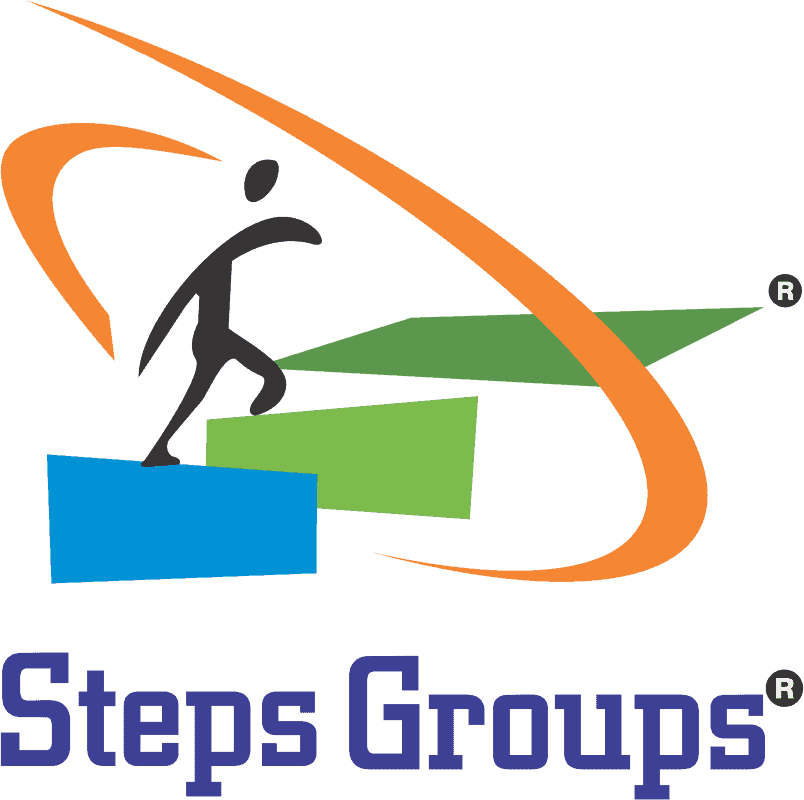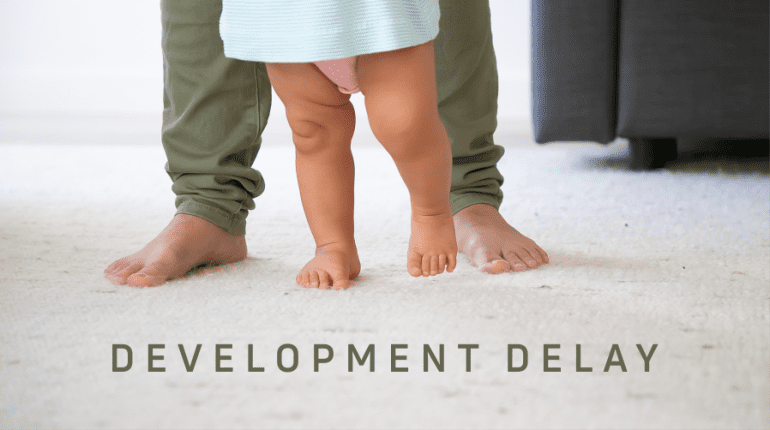Down’s Syndrome & Developmental Delay
Down’s Syndrome
Down’s Syndrome is developed at conception due to an additional chromosome. Children with Down’s Syndrome have 47 chromosomes in their cells instead of 46. They also have an extra chromosome 21, which is why Down’s Syndrome is also called Trisomy 21.
-
Down’s Syndrome -Diagnosis
As Down’s Syndrome is a condition that occurs in utero it is often detected as part of the prenatal screening processes. Occasionally it is not detected, or parents opt not to have this screening. Down’s Syndrome is characterised by physical characteristics and some degree of learning disability. Each child with Down’s Syndrome is different, some have medical complications and require large amounts of intervention whereas others lead healthy lives with high degrees of independence. Lots of children with Down’s Syndrome lead active, healthy and fulfilling lives and are well integrated into the community.
Occupational Therapy for Down’s Syndrome
Children with Down’s Syndrome may need more support than their peers to achieve developmental milestones and access everyday facilities such as the school curriculum or social networks. Our team of expert paediatric occupational therapists are skilled at working with children with Down’s Syndrome and their families to help achieve the highest level of independence and quality of life.
Self-care skills-
The activities that other children may develop naturally such as toileting, dressing and feeding can present a significant challenge for children with Down’s Syndrome. A paediatric occupational therapist will identify which tasks and component parts they are struggling with, and provide one-to-one treatment sessions and / or advice on equipment, techniques and strategies that may help.
Fine motor skills-
These are a common area of difficulty for lots of children. Children with Down’s Syndrome are more likely to have fine motor skill difficulties due to cognitive and neural developmental difficulties. They also tend to have shorter fingers making mastering fine motor activities harder. There are lots of fun activities that can be provided to work on the fine motor skill difficulties.
Gross motor skills-
An occupational therapist that is skilled in working with children with gross motor skill difficulties will quickly identify what difficulties they are having and where these difficulties are coming from. Once we have identified the issues such as balance, walking, running, or hopping for example, we can provide practical advice, recommendations and treatment as to how to address them.
Sensory integration activities-
Children with Down’s Syndrome often have difficulty integrating the sensory stimulation received from the environmental around them to produce appropriate responses. An occupational therapist that is skilled in sensory integration techniques will establish what areas of sensory processing a child with Down’s Syndrome is experiencing and will address them through advice, programme and /or direct therapy sessions.
Attention and concentration-
If a child finds focusing on an activity or task for a sustained period of time challenging, they are likely to find the expectations of a classroom environment challenging. Children with Down’s Syndrome will often find concentration and attention difficult skills to master, and a paediatric occupational therapist will help your child develop the skills needed for successful integration into school.
Developmental Delay
Babies and children learn and develop important skills known as ‘developmental milestones’. These milestones usually occur during the first five years of life and are fairly predictable. When a child is not reaching these milestones, their development may be termed as ‘delayed’. There are many reasons that a child may not be reaching their milestones and these will need to be fully investigated.
-
Diagnosis
Below are some examples of milestones and their typical ages of achievement. Remember these are guidelines only and every child develops at different rates.
By 3 to 4 months, your child should be starting to-
Motor skills – reach, grasp and hold objects, support their head well, bring objects to their mouth and push down with their legs when their feet are placed on a firm surface, Personal / social skills – smile at people and pay attention to new faces, Communication skills – respond to loud noises, babble and imitate sounds.
By 7 months, your child should be starting to-
Motor skills – reach with one hand, take objects to their mouth, roll over in either direction, sit up without help and weight bear through their legs when you pull them up to a standing position, Personal / social skills – enjoy cuddles, show affection for parents, show enjoyment around people, be comforted at night, smile without prompting, laugh or squeal, Communication skills – respond to sounds
By 1 year, your child should be starting to-
Motor skills – crawl, drag one side of their body while crawling, and stand when supported, Personal / social skills – show back-and-forth sharing of sounds, smiles, or facial expressions and show back-and-forth gestures, such as waving, reaching, or pointing, Communication – use single, Thinking – Search for objects that are hidden while they watch, use gestures, such as waving and point to objects or pictures
By 2 years, your child should be starting to-
Motor skills – walk and specifically develop a heel-to-toe walking pattern or be able to push a wheeled toy, Communication -speak at least 15 words, use two-word phrases, and use speech to communicate more than immediate needs, Thinking – know the function of common objects, such as a hairbrush, telephone or spoon, follow simple instructions and imitate actions or words.
Occupational therapy for Developmental Delay
A paediatric occupational therapist specialising in developmental delay will be skilled at assessing a child to establish what areas they are weak in and what the reasons are for this. It is essential to break activities down into their component skills needed to complete them successfully. For example, a child may be delayed in self-care and dressing. The role of an occupational therapist is to identify the skills required for particular tasks and be able to assess the level of these underlying skills in the child. The therapist is then able to identify exactly which component of the task is causing difficulty, and plan appropriate treatment to aid development



